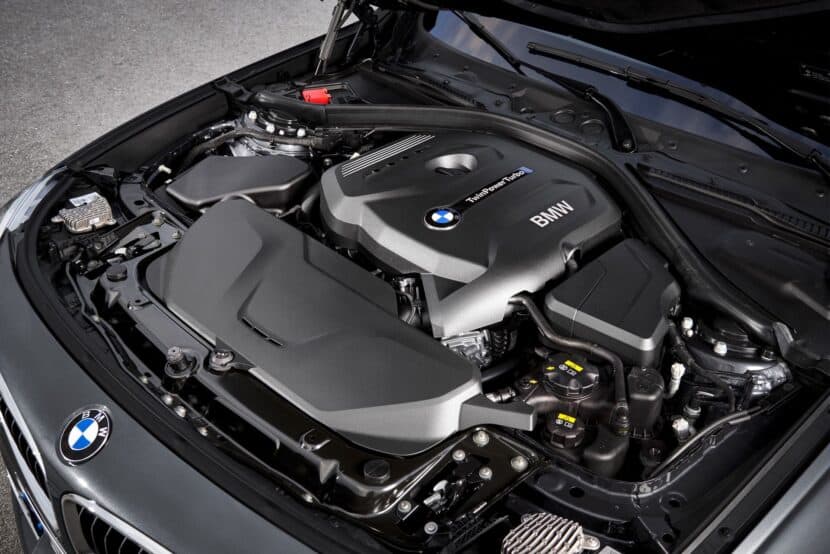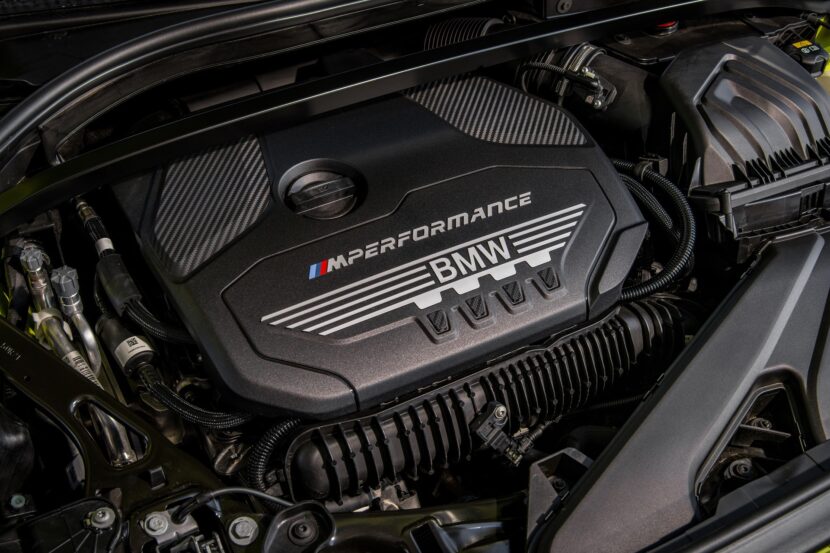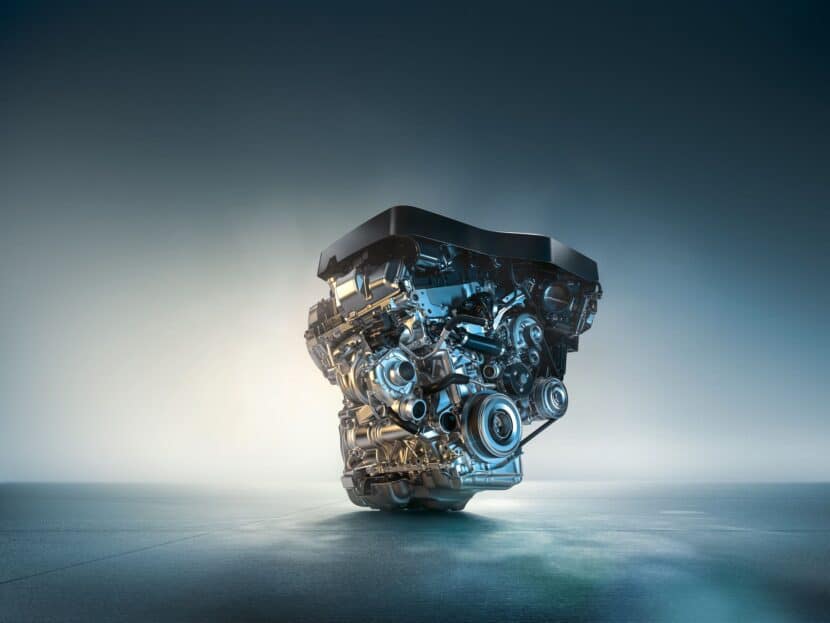The BMW B48 is a turbocharged inline-four petrol engine that was introduced in 2014. It is part of the modular BMW B-series engine family, and replaced the N20 and N26 engines. The B48 is arguably the workhorse of the brand being widely used in various BMW models, such as the 1 Series, 2 Series, 3 Series, 4 Series, 5 Series, X1, X2, X3, X4, MINI Cooper, Clubman and Countryman. Even the Toyota Supra 2.0 uses the B48 engine.
Based on feedback we’ve heard in the last few years, the B48 is praised for its reliability, efficiency and tuning potential. In this article, we will explore these aspects of the engine and provide some tips and recommendations for owners and enthusiasts.
Reliability
The B48 is a relatively new engine, so there is not much long-term data on its reliability yet. However, based on the available information and user feedback, the B48 seems to be a well-built and robust engine that can withstand high mileage and daily driving. The engine features a closed-deck design, which improves the strength and rigidity of the cylinder block. The engine also uses a forged steel crankshaft, forged aluminum pistons, low-friction cylinder liners and a lightweight magnesium oil sump.
Some of the common issues that may affect the B48 are:
- Oil leaks from the oil filter housing or oil pan gasket
- Coolant leaks from the water pump or thermostat
- Carbon buildup on the intake valves due to direct injection
- Timing chain wear or failure due to insufficient lubrication or poor maintenance
- Turbocharger failure due to excessive heat or oil contamination
To prevent or minimize these issues, it is important to follow the recommended maintenance schedule and use high-quality oil and fuel. It is also advisable to check the oil level and condition regularly, and replace the oil filter every time you change the oil. Additionally, you should monitor the coolant level and temperature, and inspect the cooling system for any signs of leaks or corrosion. Furthermore, you should perform a carbon cleaning service every 40,000 to 60,000 miles to remove any deposits from the intake valves. Lastly, you should avoid overheating or overboosting the turbocharger, and let it cool down properly before shutting off the engine.
Efficiency
The B48 is designed to offer high performance and low fuel consumption. The engine uses a twin-scroll turbocharger that provides quick response and boost across the rev range. The engine also features variable valve timing (VANOS) and variable valve lift (Valvetronic) that optimize the airflow and combustion efficiency. The engine also employs direct injection that delivers precise and optimal fuel delivery. The engine also incorporates an intelligent thermal management system that regulates the coolant flow and temperature according to the driving conditions.
The B48 has a compression ratio of 11:1, which is relatively high for a turbocharged engine. This allows the engine to run on a leaner air-fuel mixture and achieve better fuel economy. However, this also means that the engine requires premium unleaded fuel (91 octane or higher) to prevent knocking or detonation.
For example, in the BMW 320i sedan, the fuel economy is rated between 35 and 37 MPG. If we look at the larger BMW X1 xDrive28i, the MPG is between 28 and 30. These figures are based on the combined cycle of urban and extra-urban driving. Of course, your actual fuel consumption may vary depending on your driving style, habits and conditions.
Tuning

The B48 is a good platform for tuning enthusiasts who want to extract more power and performance from their cars. Of course, it might not be as great as the B58 or the older N55 and N54 (all six-cylinder options), but the engine has a lot of potential and can handle moderate to high levels of boost. That’s the reason why BMW uses the engine with different power outputs in different models. The engine can also benefit from various aftermarket modifications that can improve its airflow, cooling, fueling and ignition.
Some of the popular tuning options for the B48 are:
- ECU remapping or tuning box that can increase the boost pressure and adjust the fueling and timing parameters
- Cold air intake that can provide more oxygen to the engine
- Downpipe that can reduce the backpressure and increase the exhaust flow
- Intercooler that can lower the intake air temperature and increase the density
- Charge pipe that can replace the plastic stock pipe that may crack under high boost
- Blow-off valve that can release the excess pressure from the turbocharger
- Methanol injection that can cool down the intake air and increase the octane rating
- Upgraded turbocharger that can deliver more airflow and boost
With these modifications, you can expect to gain anywhere from 50 to 150 horsepower over the stock output, depending on your setup and tune. However, you should also be aware of the risks and costs involved in tuning your car. You may void your warranty, increase your insurance premiums, reduce your fuel economy, compromise your emissions compliance, and shorten your engine lifespan. Therefore, you should always consult a professional tuner and follow their advice before making any changes to your car.
B48-powered BMWs and MINIs with top power from factory
- 2019–present F40 M135i xDrive
- 2019–present F44 M235i xDrive Gran Coupe
- 2019–present F39 X2 M35i xDrive
- 2019–present F54 Clubman JCW
- 2019–present F60 Countryman JCW
- 2020–present F56 MINI John Cooper Works GP
- 2024–present U11 X1 M35i xDrive



